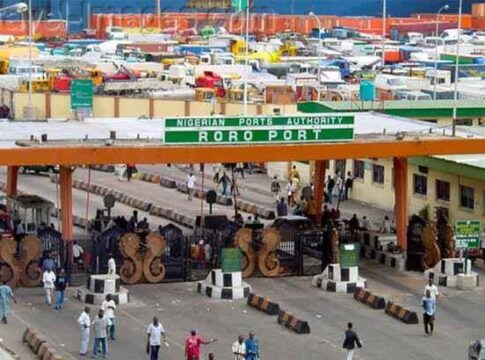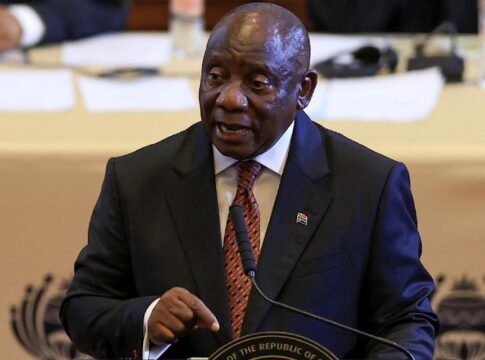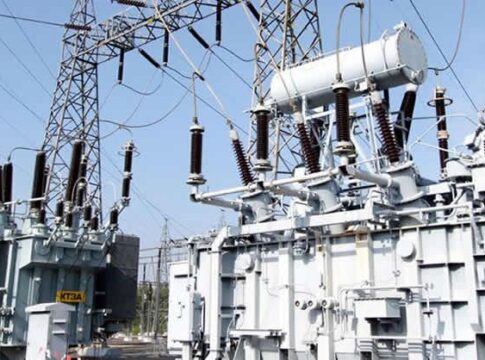Nigeria’s maritime industry is set for a shift as the Nigerian Ports Authority (NPA) increases port charges by 15%, the first adjustment in over three decades. The revision aims to fund critical infrastructure upgrades, modernize operations, and enhance port competitiveness.
Announcing the adjustment during a stakeholders’ meeting in Lagos, NPA’s Managing Director, Dr. Abubakar Dantsoho, emphasized the urgency of the move. Represented by Executive Director of Marine and Operations, Mr. Olalekan Badmus, he stated, “The review is necessary to address the undesirable reality of aged and weak infrastructure, aligning our ports with global standards.”
The increase, approved by the Federal Government, will affect all NPA rates and dues. Stakeholders were engaged ahead of the implementation to ensure transparency and consensus.
The NPA highlighted the pressing need to tackle outdated infrastructure and operational inefficiencies. According to Dr. Dantsoho, inadequate equipment and slow port capacity expansion have hindered Nigeria’s ability to compete with regional counterparts.
READ MORE: Nigeria’s FX Reserves Drop by $1.16 Billion in January Amid Increased Dollar Sales to BDCs
He said, “Port authorities depend on operational revenue to construct and maintain infrastructure, dredge channels, and provide modern marine crafts for efficient services. These revenues also fund port security, digitization, and employee training.”
With inflation currently at 35% and port management costs soaring, the existing tariff structure—unchanged since 1993—was deemed unsustainable. The new rates, the NPA believes, will position Nigerian ports to attract more trade and investment.
Reactions from maritime stakeholders were mixed. While some acknowledged the necessity of the increase, others expressed concerns about its impact on trade costs.
Joshua Asanga, a seasoned maritime expert, noted that inflation had eroded the value of existing tariffs. “The cost of managing ports, from wages to fuel, has risen sharply over the past 30 years. Without this adjustment, infrastructure development would remain stalled,” he said.
Similarly, Demian Ukagu, another stakeholder, urged the NPA to direct funds toward neglected facilities like the Kirikiri Lighter Terminal and outer port jetties. “We need to ensure these rates cover costs, provide a return on investment, and promote sustainable trade,” Ukagu added.
The stakeholders’ meeting resolved that existing tariffs had failed to account for capital, labour, and overhead costs crucial for port operations. Terminal operators and other port users called for greater transparency in how additional funds will be utilised.




